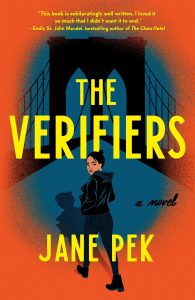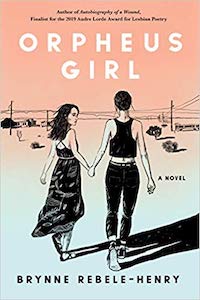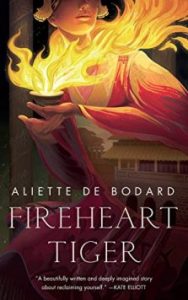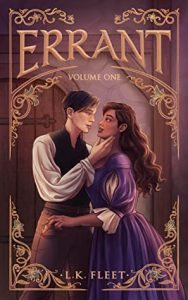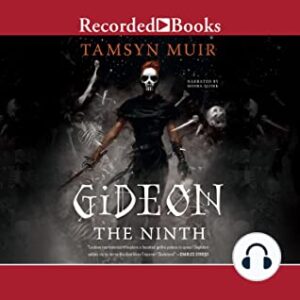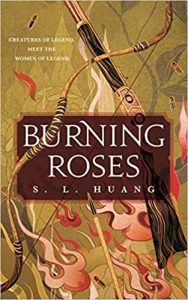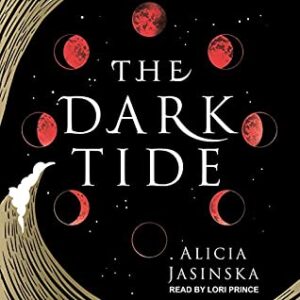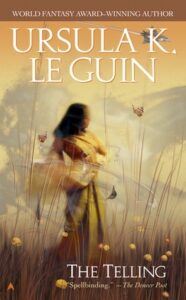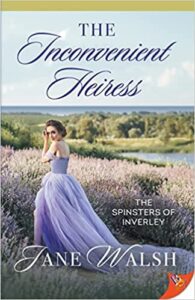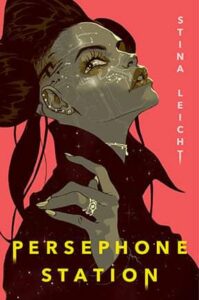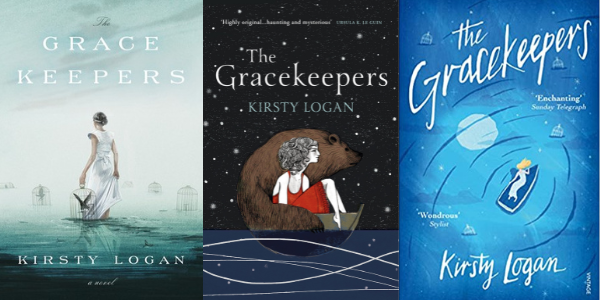Amazon Affiliate Link | Bookshop.org Affiliate Link
Claudia is a private detective, of a sort: she works for Veracity, an exclusive company that investigates people who are lying to their partners who they met through an online dating platform. When one of her clients shows up dead, she can’t help but dig into some of the lies that the client herself told—and the increasingly mysterious circumstances around her death.
I loved this book. I thought that the prose was beautiful, with fresh metaphors and musings on the nature of humanity and romance, seen from the perspective of a terminally single lesbian. Pek investigates how, in a space designed for like minded people to meet each other, it can still be so difficult to find someone you want to be with—if you even know what it is you want in the first place. Whether it’s through Claudia’s roommate and his latest fling, her sister’s somewhat rocky relationship, or even Claudia’s own relationship with her brother, Pek examines how people misrepresent themselves in order to get what they want (or rather, what they think they want).
I love a good murder mystery, and this book had so many great mysterious elements, but also included enough clues that I was able to piece together a broad picture of what had happened before the final reveal. I really appreciated that there wasn’t a huge twist surprise ending just to surprise the reader, and I could see all the pieces falling into place, but I didn’t quite get all the details right, so there were still plenty of surprises! It’s not the fastest paced book, and Claudia is often frustrating in an incredibly relatable way, but I enjoyed it a lot and I can’t wait to see what Pek writes next.

